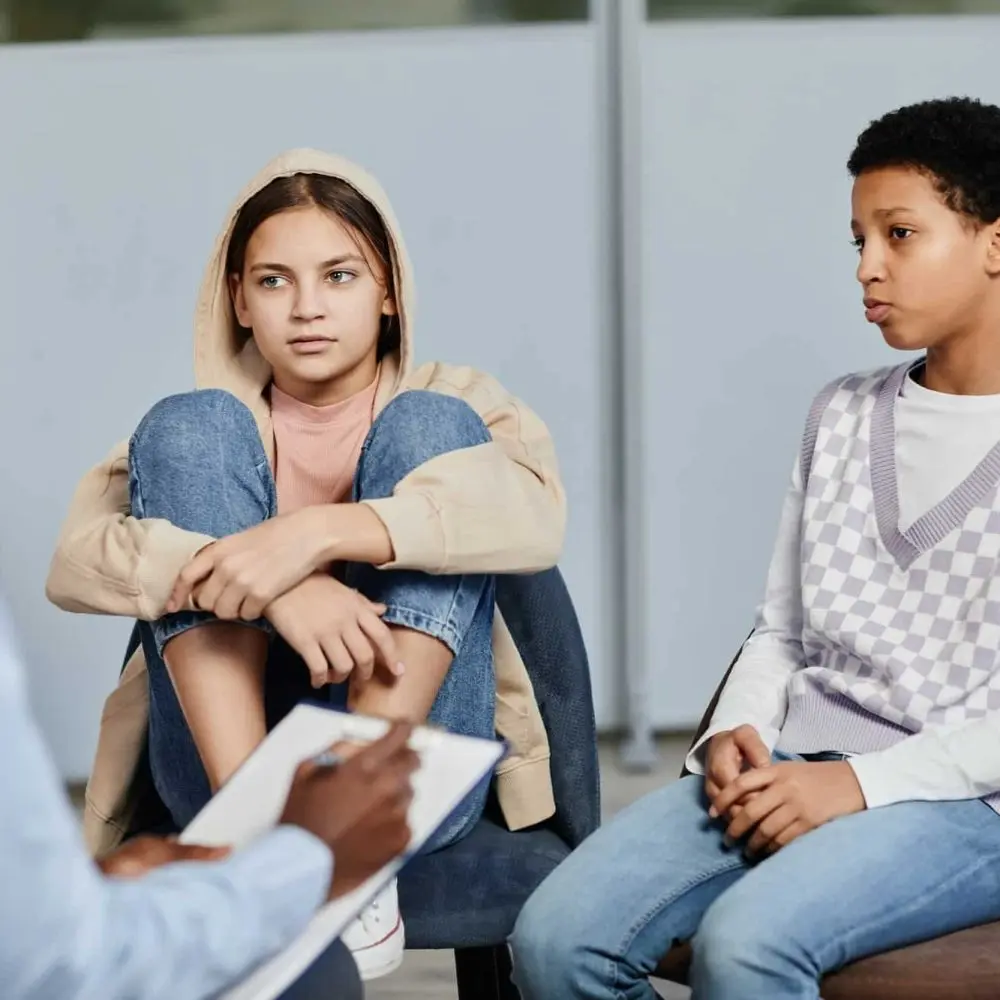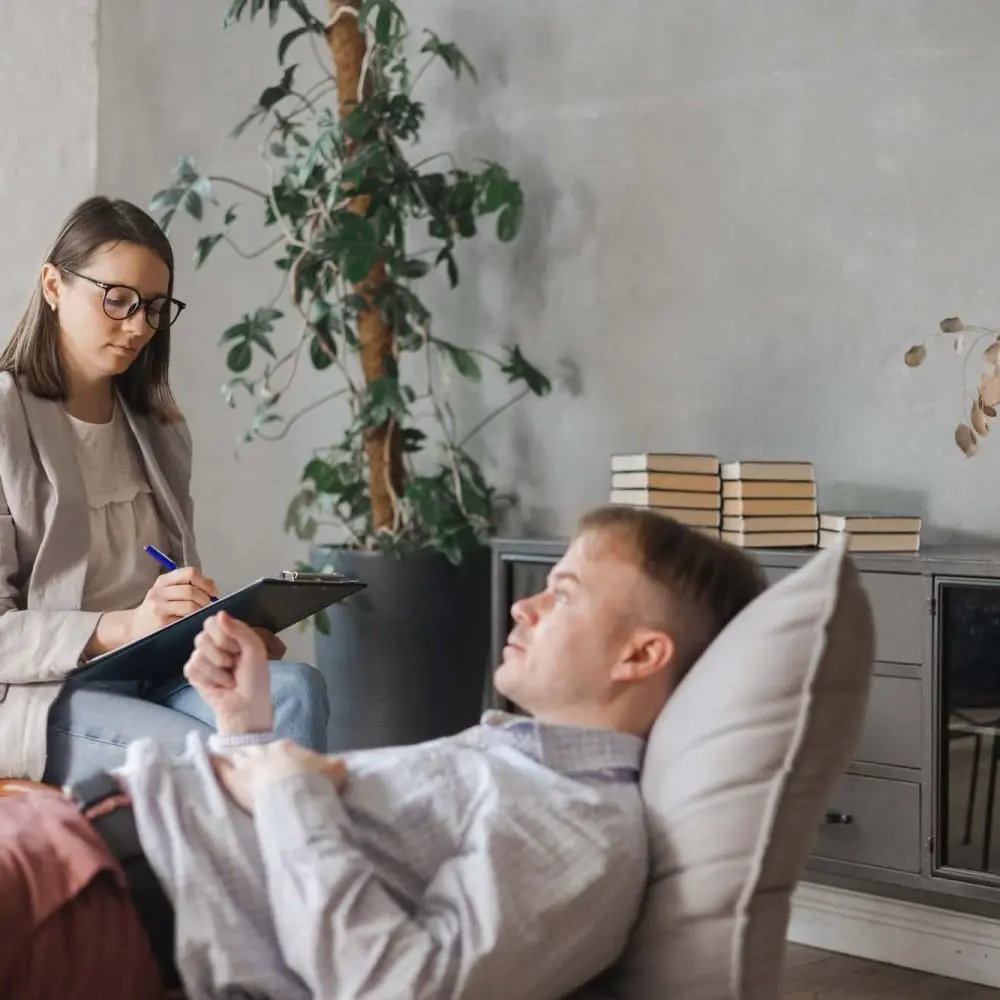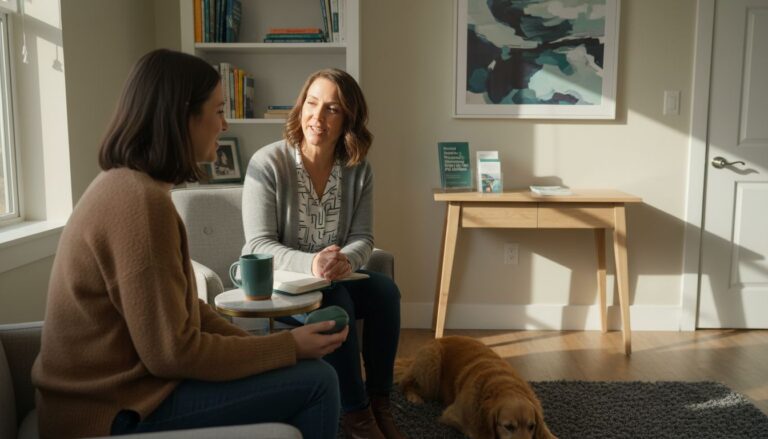MENTAL HEALTH TREATMENT

Our Philosophy
A Holistic Approach to Healing
Our curriculum is intentionally experiential, centered on the understanding that healing happens not only through words, but through movement, rhythm, story, creativity, and connection. We integrate a wide range of modalities including:
- Expressive arts and movement therapy: Art, music, and drama are integrated to access inner experience and release what has been held in silence. Creative expression becomes a vehicle for truth-telling, play, and emotional regulation.
- Nature-informed practices: While the program is primarily office-based, nature is used as a therapeutic ally throughout the curriculum. Outdoor moments, when possible, offer space for calm, attunement, and reorientation.
- Systemic and relational therapy: We examine how family dynamics, attachment history, and cultural narratives shape self-perception and behavior. Clients learn to recognize inherited patterns and develop relational clarity and resilience.
- Mindfulness and somatic integration: Gentle breathwork, grounding practices, and sensory awareness exercises help regulate the nervous system and restore a sense of internal safety. The focus is on listening to the body and honoring its messages.
- Screen detox and digital boundary work: Clients are supported in examining their relationship to technology and social media, reconnecting with presence, creativity, and self-reflection in a world that often encourages numbing and distraction.


Who We Serve
Our Vision
What We Treat

Depression
Often addressed through a blend of therapy (e.g., cognitive-behavioral therapy), medication (such as antidepressants), and lifestyle adjustments (like exercise and improved sleep hygiene).

Anxiety
Typically managed with talk therapy (often CBT), relaxation techniques, and sometimes anti-anxiety or antidepressant medications.

PTSD
Trauma-focused therapy (e.g., EMDR), along with sometimes medication and supportive care, can help individuals process and cope with traumatic memories.

ADHD
Behavioral interventions, psychoeducation, and stimulant or non-stimulant medications are commonly used to improve focus and reduce impulsivity.

OCD
Exposure and response prevention therapy, combined with certain antidepressants, is frequently the most effective treatment.

Bipolar Disorder
A combination of mood stabilizing medications, psychotherapy, and regular monitoring of mood symptoms offers the best outcomes.

Personality Disorders
Long-term psychotherapy—such as dialectical behavior therapy or schema therapy—and sometimes medication for co-occurring issues can lead to improved functioning.

Relationship/Family Issues
Couples or family therapy, communication skill-building, and conflict resolution strategies are commonly employed.

Grief and Loss
Supportive counseling, grief therapy, and sometimes group support programs help individuals navigate the healing process.

Suicidality
Crisis intervention, safety planning, and close monitoring by mental health professionals, alongside therapy and possibly medication, are key.

Trauma
Specialized therapies like EMDR or trauma-focused CBT, along with social support, can facilitate recovery and reduce post-traumatic stress symptoms.

Lonliness
Building social connections through therapy, support groups, and community engagement, alongside addressing underlying emotional or mental health concerns, can alleviate feelings of isolation.


